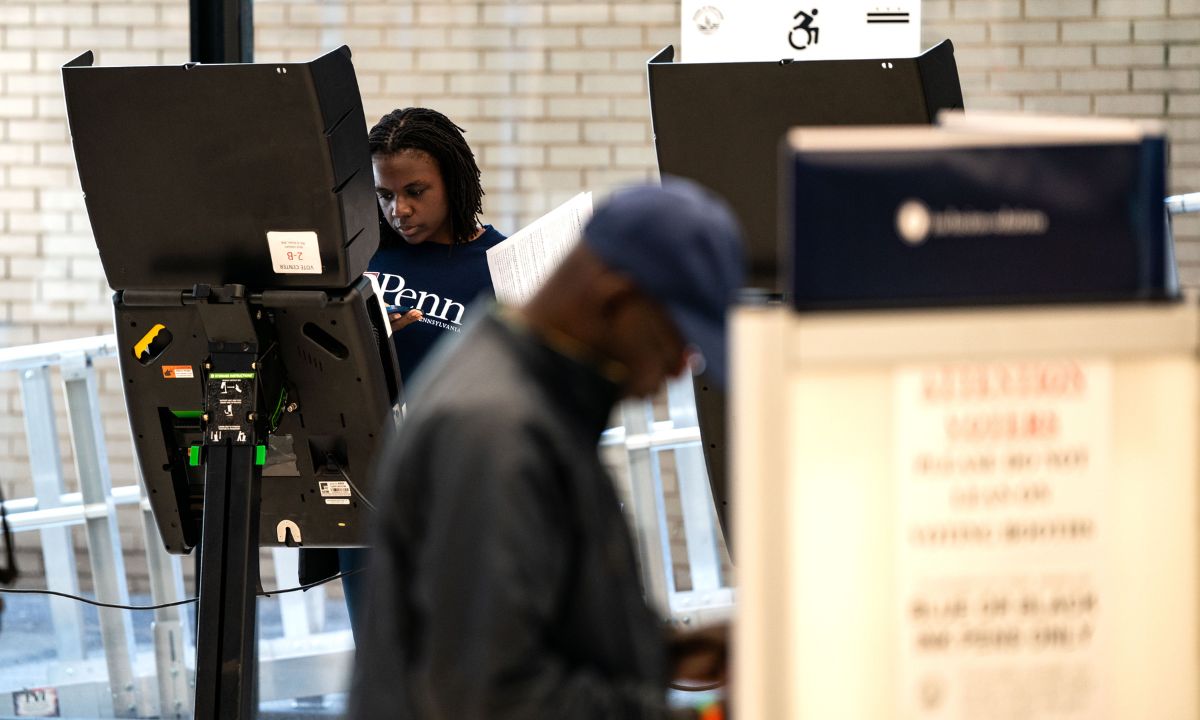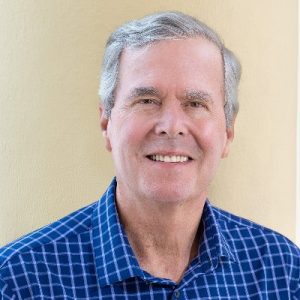Jeb Bush: This Election, Families Made Their Voices Heard on School Choice
Parents want the opportunity to find the right educational path for their kids. Policymakers must break down barriers that stand in their way.

Get stories like this delivered straight to your inbox. Sign up for The 74 Newsletter
If this year’s election taught political observers anything, it’s that you can’t tell people they’re getting something good when they believe they’re not.
You can’t tell them the economy is great when they’re paying $4 for a dozen eggs.
You can’t tell them the job market is strong when they can’t find work.
And you can’t tell them their assigned public schools are delivering for their kids when they can plainly see outcomes that don’t align with those promises.
For years, families have been told that the one-size-fits-all public education system would prepare their children for the future. But more and more parents, particularly in historically underserved communities, are demanding options. They’re recognizing that choice empowers them to find the right educational fit for their child — a fit that meets individual needs, talents and goals and that’s responsive to their cultural values and expectations.
As election results poured in last week, NBC political commentator Chuck Todd specifically credited school choice for record Republican gains among Latino voters.
These families — like all families — want a voice in their children’s education. They want to feel their tax dollars are funding schools that prioritize quality and accountability. In a diverse state like Florida, and in states across the nation, parents from every background are expressing this desire for choice.
School choice opponents have somehow convinced themselves that its purpose is to undermine the traditional public school system.
Trust me, that was the furthest thing from my mind when I set out to reform Florida’s education system as a first-term governor 25 years ago.
We wanted to make sure families had options if they needed them. No parent should be forced to keep their child in a school that isn’t serving them well. School choice is about opening doors, not closing them. It’s about opportunity, accountability and the recognition that one model doesn’t work for every student. It’s about a rising tide of achievement that lifts all boats.
And we didn’t just focus on school choice: We implemented a strong school accountability system and early literacy reforms that propelled Florida’s schools forward. While other states debated reforms, we took action to ensure students would gain essential skills in reading, setting them up for lifelong learning success. Today, these reforms serve as a model for other states.
As school choice has become more accessible, Florida’s public schools also have improved. Greater competition has raised the bar across the board, proving that giving families choices strengthens — not weakens — the educational system.
According to a recent report by the American Enterprise Institute, Florida is “the single best state in which to be a low-income public school student.”
Florida also recently was ranked the third-most diverse state in the nation, with 1 out of 5 residents born in a foreign country and only 36% born in the state. Diversity is our strength, and our education policies reflect our commitment to each child, regardless of their background or zip code.
We’ve built an education landscape for everyone because we believe everyone deserves access to quality schools. School choice doesn’t divide communities; it strengthens them by respecting families’ unique needs and aspirations for their children. This movement isn’t about ideology. It’s about progress and ensuring that all children, in every neighborhood, have access to an education that meets their needs.
Policymakers should take the lessons from this election and recognize that families are sending a clear message: They want the freedom to choose an education that works for their child.
For those who continue to stand against school choice, it’s time to listen. Families have rejected one-size-fits-all solutions, and they don’t want you to tell them what you think is best for them. They want the opportunity to find the right educational path for their kids, and it’s up to policymakers to continue to break down barriers that stand in their way.
Get stories like these delivered straight to your inbox. Sign up for The 74 Newsletter

;)
